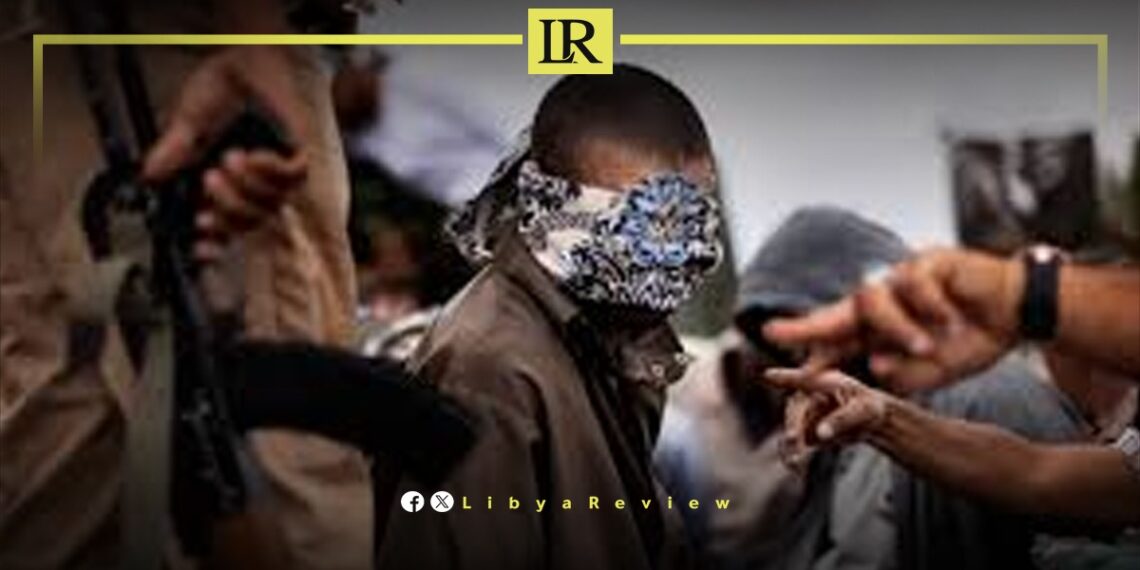On Saturday, the United Nations Office on Drugs and Crime (UNODC) called for Libya to urgently implement comprehensive policies to combat human trafficking and target smugglers.
In a video statement, a representative from the UNODC outlined crucial recommendations to address this pressing issue.
The UNODC representative advised Libya to focus on four key areas: prevention and prohibition of crime, protection of victims, prosecution of traffickers, and collaboration with various law enforcement agencies within Libya and neighboring countries. He stressed the importance of distinguishing between human trafficking and human smuggling, noting that conflating the two can lead to misunderstandings and ineffective strategies.
“We will continue to provide technical assistance and support to several Libyan institutions,” the representative added, acknowledging the European Union’s backing in implementing these recommendations.
Libya has become a major transit point for human trafficking due to its strategic location and ongoing political instability. Migrants from various African and Middle Eastern countries often pass through Libya, hoping to cross the Mediterranean Sea to reach Europe. However, many fall victim to traffickers who exploit them for labor, sexual exploitation, and other forms of abuse.
The UNODC’s call for action comes at a time when Libya is struggling with the dual challenges of maintaining internal security and managing the influx of migrants. The lack of stable governance has made it difficult for the country to enforce laws effectively and protect vulnerable populations.
The UNODC emphasizes the importance of creating robust legal frameworks that explicitly outlaw human trafficking and smuggling. Preventive measures should include public awareness campaigns and educational programs to inform potential victims about the dangers of trafficking. Providing comprehensive support services for trafficking victims is crucial, including safe shelters, medical care, psychological support, and legal assistance to help them rebuild their lives.
Strengthening the judicial system to ensure traffickers are held accountable is vital. This involves training law enforcement and judicial officials on how to handle trafficking cases effectively and humanely. Enhanced cooperation between Libyan law enforcement agencies and their counterparts in neighboring countries is necessary to tackle trafficking networks that operate across borders. Joint operations, intelligence sharing, and coordinated strategies can significantly disrupt trafficking activities.


